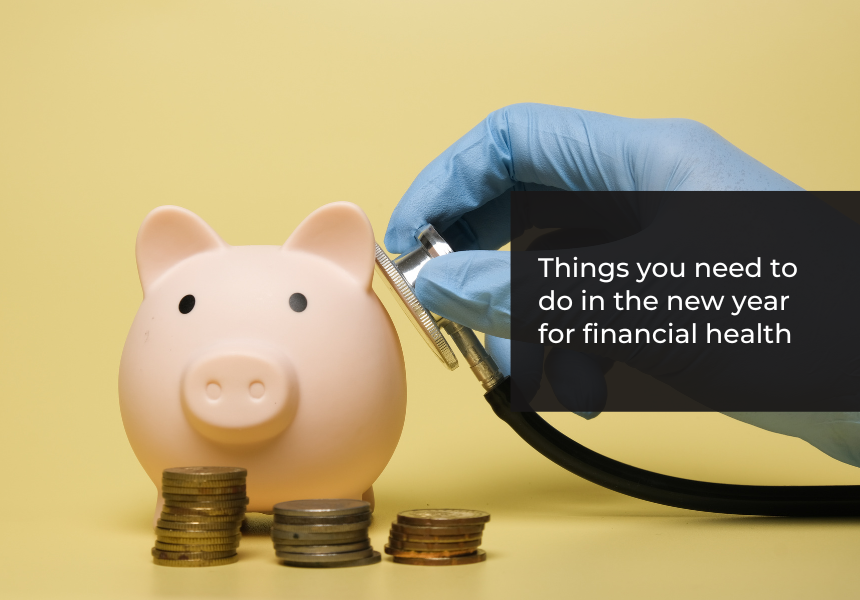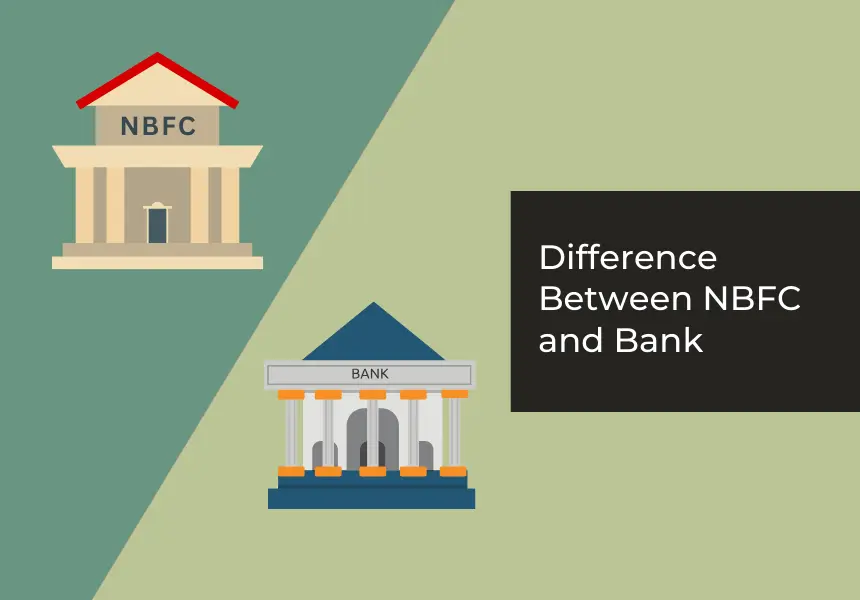
As we have entered the new year, it’s the perfect time to reflect on our financial well-being and set the stage for a prosperous future. Taking charge of our financial health requires a proactive approach and a commitment to making sound decisions. Here, we’ll explore essential steps to ensure your financial stability in the coming year. From budgeting and saving strategies to investment considerations, we’ll cover a range of practices that can contribute to your economic well-being. Whether you’re looking to build an emergency fund, reduce debt, or enhance your overall financial literacy, these actionable tips will empower you to navigate the complexities of personal finance with confidence. Get ready to start on a journey toward financial success and resilience in the year ahead.
Steps for Financial Health in the New Year
Set goals and prioritize
Define specific, measurable, and achievable financial goals. Whether it’s saving for a down payment, creating an education fund, or planning for retirement, having well-defined objectives provides a roadmap for your financial journey. Prioritize these goals based on urgency and importance to guide your decision-making.
Spend mindfully
Create a thorough budget that takes both fixed and variable costs into consideration. Examine your spending habits on a regular basis to find areas where adjustments can be made. Mindful spending involves making conscious choices, distinguishing between needs and wants, and ensuring that your financial resources are allocated efficiently.
Plan for the unexpected
Create an emergency fund that can cover your living expenses for three to six months. In the event of unforeseen circumstances such as medical problems or job loss, this fund, along with the option of a medical loan, serves as a safety net, enabling you to overcome obstacles without compromising your long-term financial security.
Invest
Explore investment options based on your risk tolerance, time horizon, and financial goals. To spread the risk in your investments, diversify your holdings, and think about speaking with a financial counsellor to help you make wise choices. Investing wisely can potentially grow your wealth over time.
Set up support systems
Surround yourself with financial advisors, mentors, or a supportive community. Engage in discussions about personal finance, share experiences, and seek guidance when making significant financial decisions. Gaining knowledge from the struggles and achievements of others can be quite beneficial.
Optimize your resources
Maximize your income potential by evaluating opportunities for career advancement or exploring additional income streams. Invest in education or skills development to enhance your marketability, potentially leading to increased earning capacity over the long term.
Create your legacy
Beyond short-term financial goals, consider long-term planning for wealth preservation and transfer. Consult with professionals to create a comprehensive plan, including wills, trusts, and other arrangements that align with your values and ensure a seamless transition of assets to the next generation.
Update your savings goals
Regularly reassess your savings goals as your financial situation evolves. Changes in income, expenses, or personal circumstances may require adjustments to keep your goals realistic and achievable.
Pay off your credit cards
Prioritize paying off high-interest debt, starting with credit card balances. Implement a debt repayment strategy, such as the snowball or avalanche method, to reduce outstanding balances and minimize interest payments, freeing up resources for other financial priorities.
Review your credit report
Obtain free annual credit reports and scrutinize them for inaccuracies. Address any discrepancies promptly to maintain a healthy credit score. A good credit history is vital for securing favourable loan terms and financial opportunities.
Conclusion
As we embrace the beginning of a new year, implementing these essential measures for financial health not only sets the stage for a journey towards economic well-being and stability but also empowers individuals to take control of their financial destinies. The deliberate act of setting clear goals, spending mindfully, and planning for unforeseen circumstances becomes even more impactful when coupled with wise investments, the establishment of robust support networks, and the optimization of available resources. Personal loans, when used judiciously, can serve as valuable tools to navigate financial challenges and pursue opportunities for growth. Considering long-term legacies and continuously updating savings goals further ensures adaptability to evolving circumstances. As we pay off credit card debt and regularly review credit reports, we lay the foundation for a strong financial profile. In conclusion, these proactive steps, including the strategic use of personal loans, create a comprehensive approach to financial well-being, guiding us toward a future marked by fiscal security, prosperity, and peace of mind.








